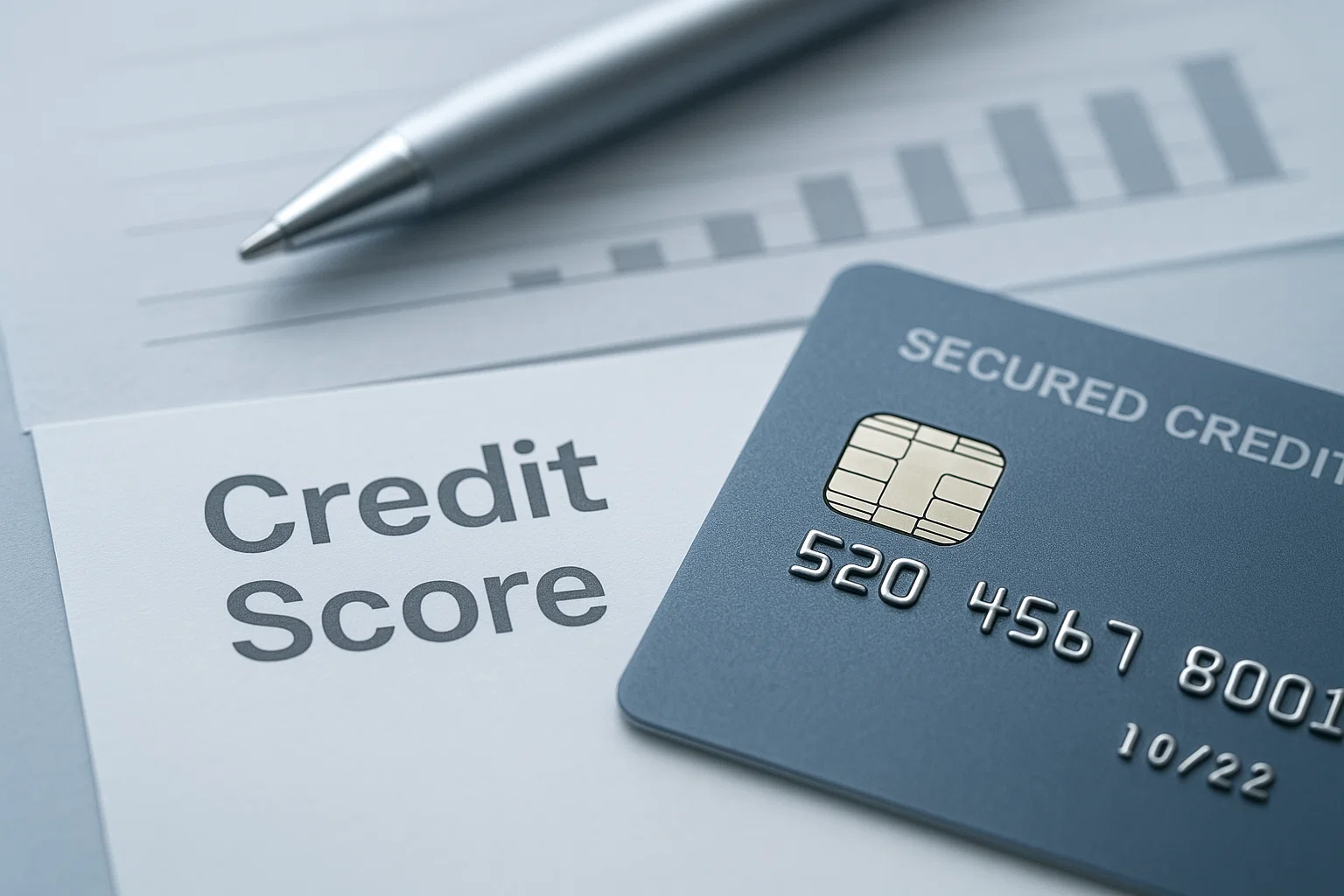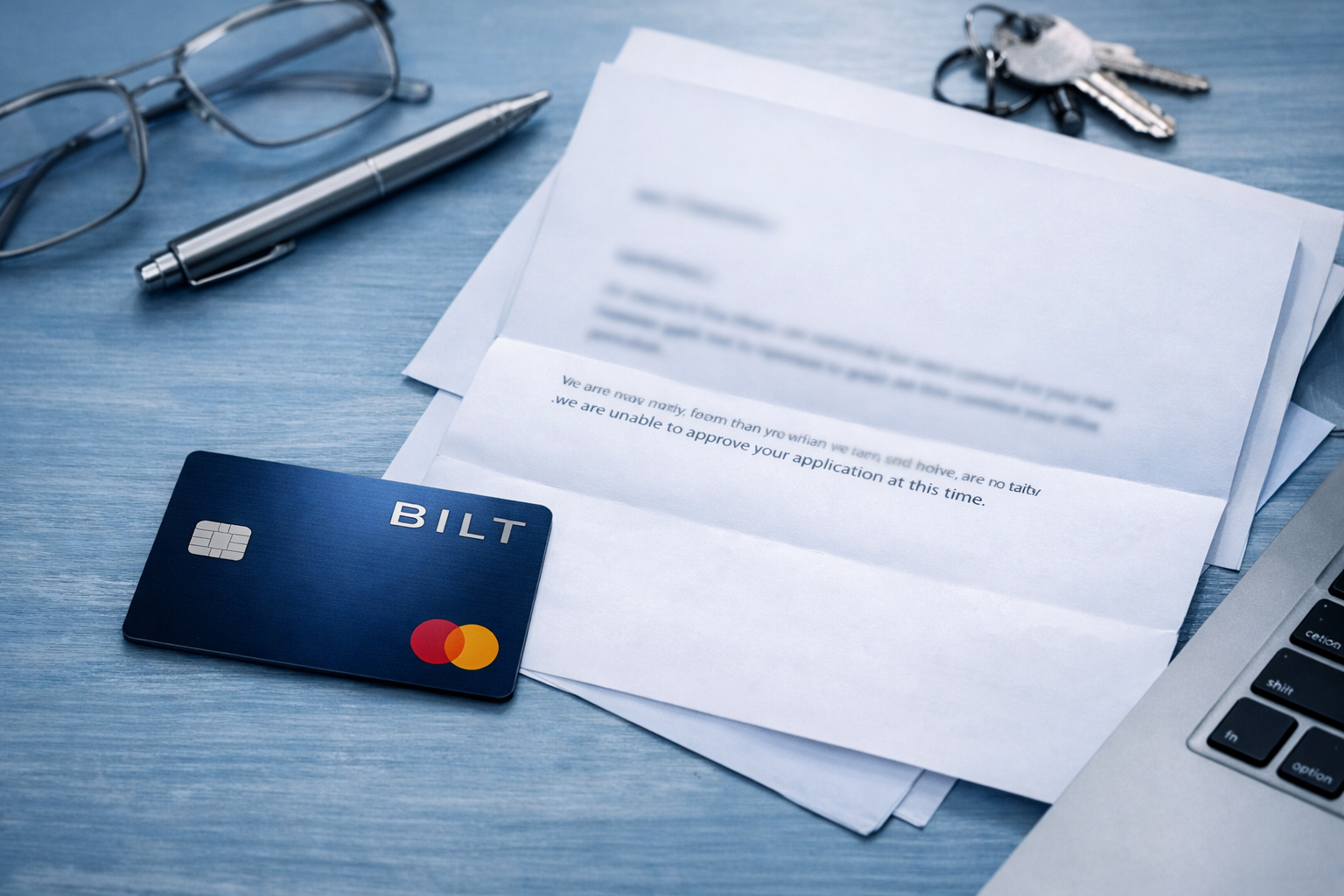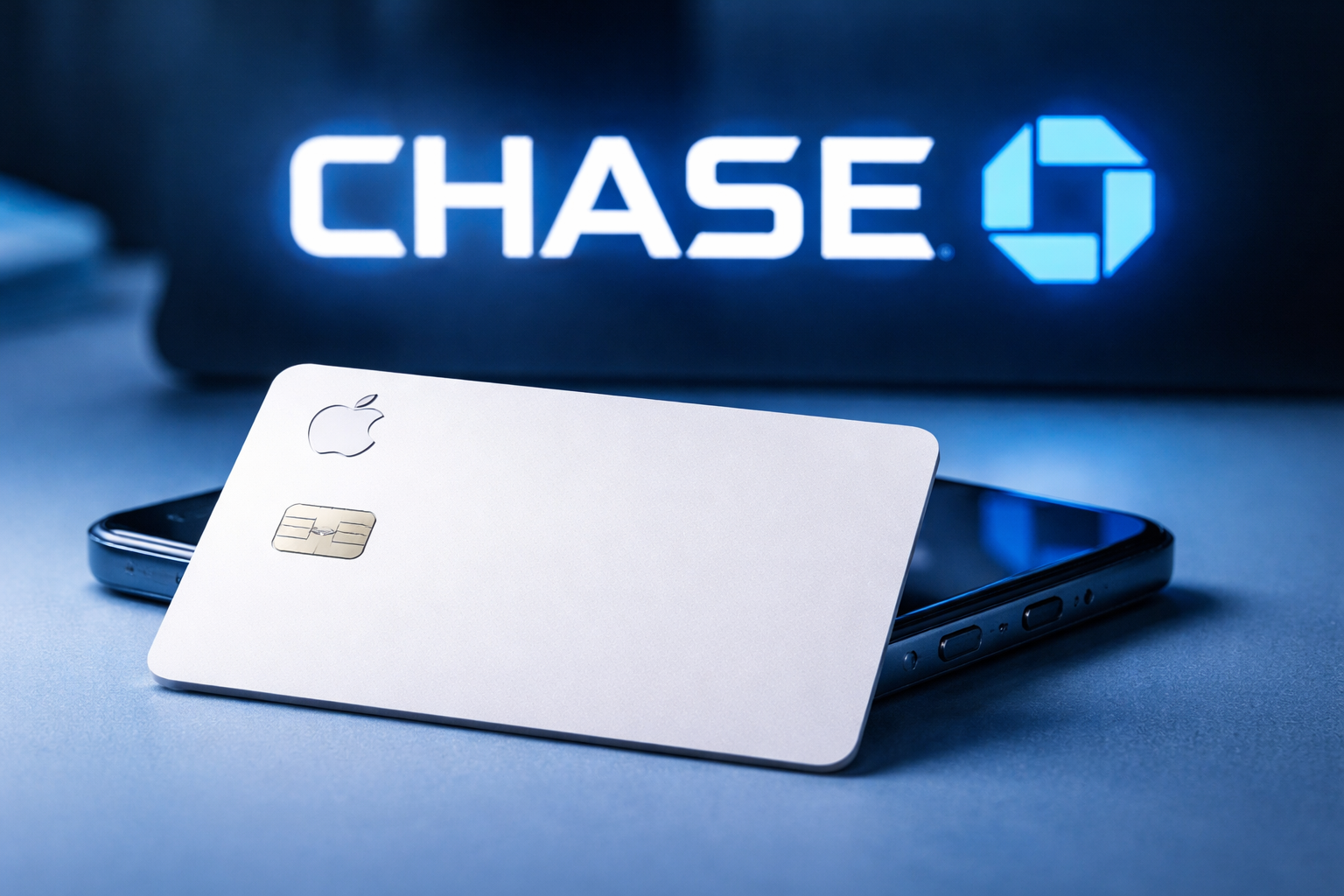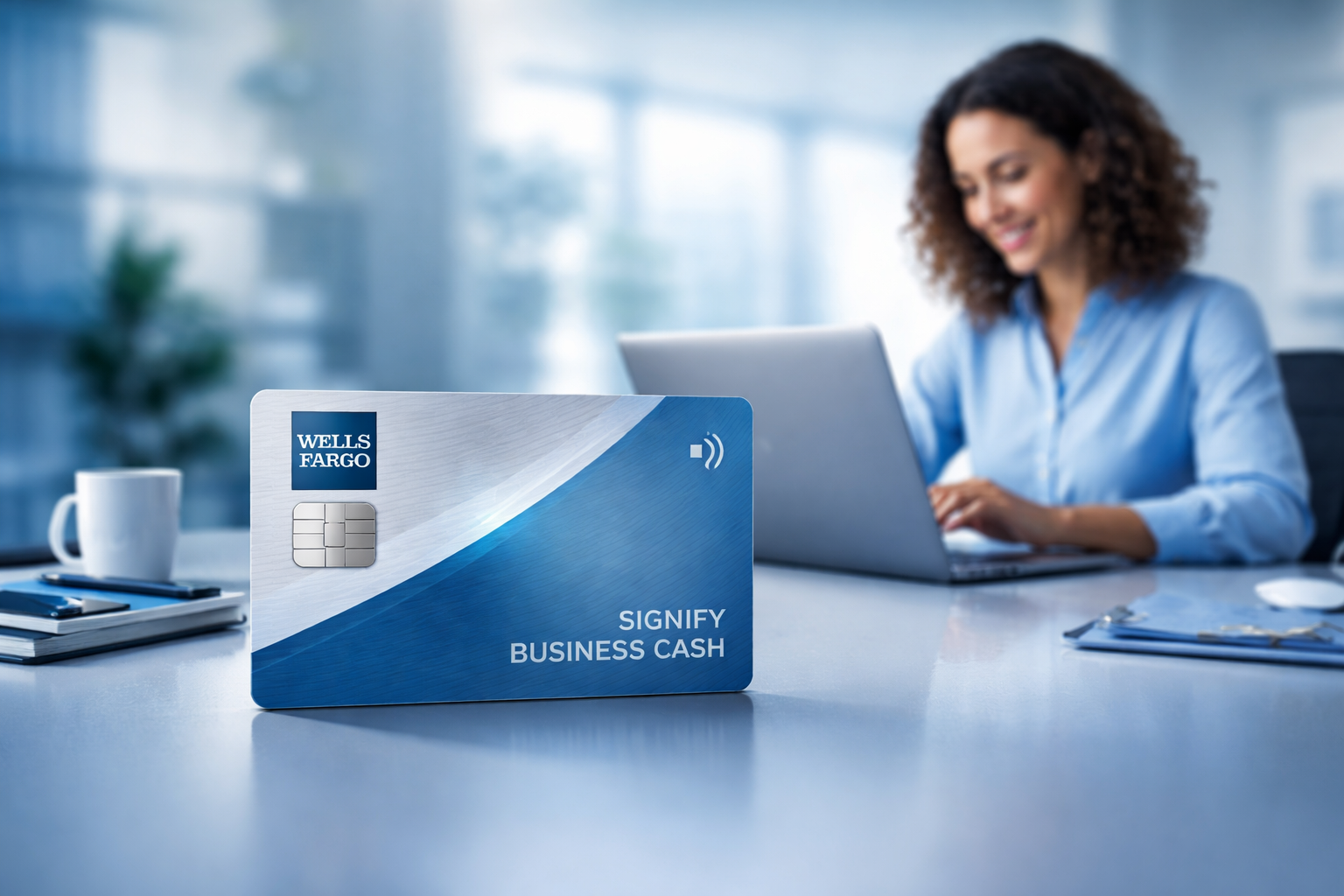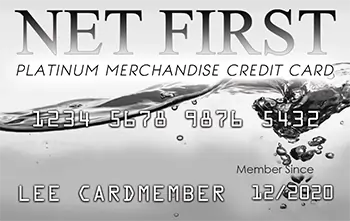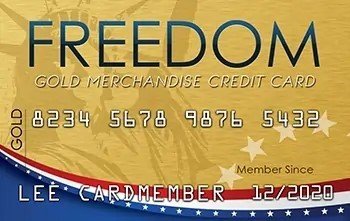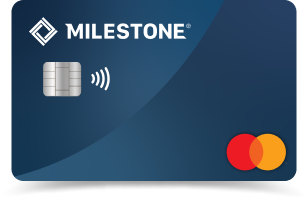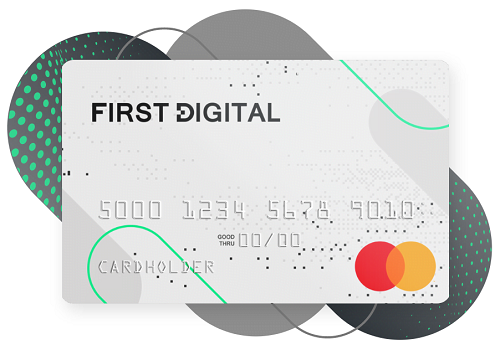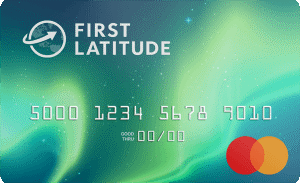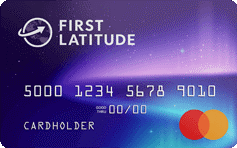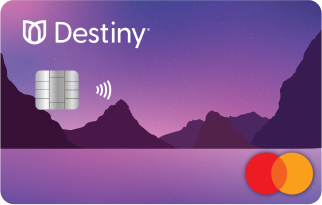Hey, it’s Karl from The Cards Guy. Wondering if you can get a secured credit card? Here’s the truth: most secured cards don’t require a specific credit score, which makes them ideal if you’re building or rebuilding credit. Even with limited or poor credit, you can often qualify.
Why Secured Credit Cards Are So Accessible
Collateral Makes Approval Easier: Secured cards require a refundable security deposit, typically equal to your credit limit. This deposit reduces risk for the issuer and opens the door for applicants with low or no credit history.
Build or Rebuild Your Credit: Every on-time payment on a secured card is reported to the major credit bureaus. Over time, this can raise your credit score. Some cards, like the OpenSky® Plus Secured Visa®, don’t even require a credit check.
Minimum Requirements for a Secured Card
Even without a specific credit score, you’ll need:
- Be 18+ years old
- Have a U.S. address and bank account
- A valid Social Security Number or ITIN
- Steady income to cover monthly payments
- A refundable security deposit
How to Make the Most of Your Secured Credit Card
- Pay On Time Every Month: Late payments can hurt your credit, even on secured cards.
- Keep Your Credit Utilization Low: Ideally below 30% of your limit.
- Monitor Your Credit Score: Track progress to see your credit improve.
- Upgrade When Ready: Many secured cards allow you to transition to unsecured credit cards after responsible use.
The Best Secured Credit Cards to Consider
- Discover it® Secured Card – No annual fee, reports to all 3 bureaus
- Capital One® Platinum Secured Card – Flexible deposit, potential credit line increase
- Bank of America® Secured Card – Access to FICO® score updates monthly
Bottom Line
Secured credit cards are your first step to building a stronger financial future. With responsible use, you can increase your credit score and unlock better cards and rewards.
Ready to find the best secured card for you? Let’s get started with The Cards Guy today!
FAQs
What credit score do I need for a secured credit card?
A: Great news—you often don’t need a specific credit score to get a secured credit card. Even if your credit is limited or poor, a refundable security deposit usually qualifies you for approval.
Can I get a secured card with a 500 credit score?
A: Yes! Many secured cards, like the Capital One® Platinum Secured Card, accept applicants with lower credit scores. Your deposit acts as collateral, making approval easier.
How long does it take to build credit with a secured card?
A: Typically, you can see credit score improvements in 3–6 months with consistent on-time payments and low credit utilization. The more responsible you are, the faster your score can grow.
What is the easiest secured credit card to get?
A: Cards like the OpenSky® Plus Secured Visa® and Capital One® Platinum Secured Card are popular for beginners. They require minimal credit history and report to all 3 major credit bureaus.
Can a secured card be upgraded to an unsecured card?
A: Absolutely. After responsible use, many issuers will transition your secured card to an unsecured card, returning your deposit and increasing your credit options.
How much deposit do I need for a secured credit card?
A: Most secured cards require a deposit equal to your credit limit, usually ranging from $200–$500. Some cards offer flexible deposit options depending on your credit profile.
Are there secured credit cards with rewards?
A: Yes! Some secured cards, like the Discover it® Secured Card, offer cash back rewards on purchases—so you can build credit and earn perks at the same time.
Can I get a secured card if I’m not a U.S. citizen?
A: Many issuers accept applicants with a valid ITIN instead of a Social Security Number. You’ll still need a U.S. address and bank account to qualify.


